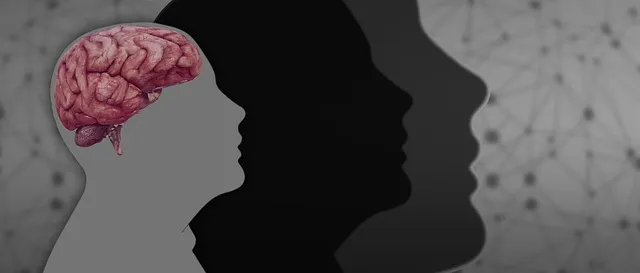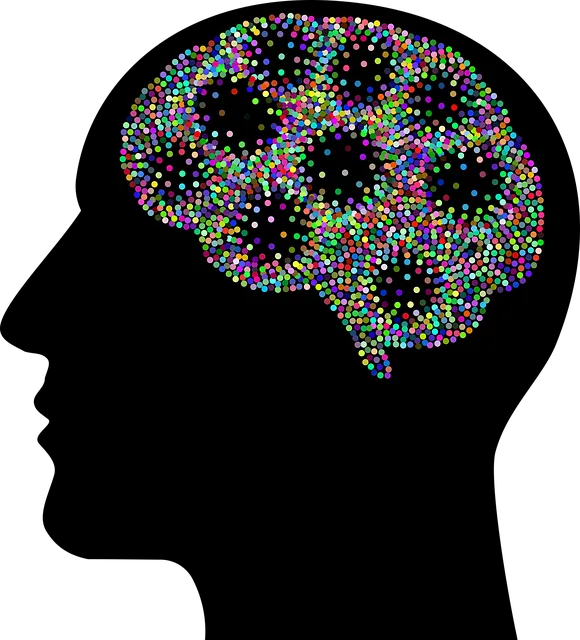Arvada Kaiser Permanente psychiatry offers innovative social skills training programs focused on emotional intelligence and holistic care for mental health conditions. By addressing communication, emotional regulation, and burnout prevention, their approach goes beyond traditional therapy. Through role-playing and group discussions, patients gain confidence navigating social situations and building supportive connections. This comprehensive strategy breaks down barriers to mental health recovery, revolutionizing community support with a tailored, inclusive focus.
Social skills training is a powerful tool in managing mental health conditions, offering a unique approach to enhancing individuals’ ability to connect and communicate. This comprehensive guide explores how such training can significantly improve social interactions for those facing psychiatric challenges. We delve into the impact of mental health on social life, its role in treatment, and practical strategies.
Case studies from Arvada Kaiser Permanente Psychiatry highlight success stories, showcasing the effectiveness of targeted social skills programs. By focusing on core skills, individuals gain confidence, fostering healthier relationships and improved overall well-being.
- Understanding the Impact of Mental Health Conditions on Social Interactions
- The Role of Social Skills Training in Psychiatric Treatment
- Identifying Core Social Skills to Focus On
- Practical Strategies for Enhancing Communication and Relationship Building
- Case Studies: Success Stories from Arvada Kaiser Permanente Psychiatry
Understanding the Impact of Mental Health Conditions on Social Interactions

Mental health conditions can significantly alter an individual’s ability to engage in social interactions, often leading to feelings of isolation and further exacerbating symptoms. Conditions such as anxiety disorders, depression, or schizophrenia can make simple social exchanges challenging. For instance, individuals with anxiety may experience overwhelming fear in social settings, while those with depression might lack the motivation to participate in activities that foster connections. These challenges are not just internal; they impact an individual’s overall well-being and ability to navigate daily life, affecting their personal relationships, work performance, and even physical health.
At Arvada Kaiser Permanente psychiatry, we recognize the crucial role social skills play in recovery and overall mental health. That’s why our training programs focus on empowering individuals with coping skills development, self-care practices, and strategies to enhance their interactions with others. By understanding the impact of mental health conditions on social behaviors, we can create supportive environments that foster public awareness campaigns development, ultimately breaking down barriers and promoting a more inclusive society.
The Role of Social Skills Training in Psychiatric Treatment

Social Skills Training plays a pivotal role in psychiatric treatment, addressing crucial aspects often overlooked in traditional therapy. At Arvada Kaiser Permanente psychiatry, experts recognize that effective communication and interpersonal interactions significantly impact mental well-being. This holistic approach focuses on enhancing Emotional Intelligence (EI), enabling patients to navigate social situations with greater ease. By learning essential skills like active listening, empathy, and non-verbal cues, individuals can improve their relationships, boost self-esteem, and manage stress more effectively.
Moreover, this training incorporates Burnout Prevention Strategies for Healthcare Providers and Conflict Resolution Techniques. These strategies are vital for both patients and mental health professionals alike, fostering healthier interactions and a supportive environment. Through such comprehensive programs, Arvada Kaiser Permanente strives to revolutionize psychiatric care, offering tools that extend beyond medication management and traditional therapy sessions.
Identifying Core Social Skills to Focus On

Identifying the core social skills to focus on is a crucial step in any social skills training program, especially for individuals managing mental health conditions. At Arvada Kaiser Permanente psychiatry, professionals often emphasize communication and emotional regulation as foundational skills. Effective communication involves both expressing oneself clearly and actively listening to others, which can significantly improve relationships and overall well-being.
Additionally, teaching individuals strategies for stress reduction methods, burnout prevention, and crisis intervention guidance is essential. These skills not only help in managing symptoms but also empower people to navigate social situations with greater confidence and resilience. By focusing on these key areas, social skills training becomes a powerful tool in holistic mental health care.
Practical Strategies for Enhancing Communication and Relationship Building

Social skills training is a powerful tool for individuals with mental health conditions, offering practical strategies to enhance communication and build meaningful relationships. At Arvada Kaiser Permanente psychiatry, experts emphasize the importance of teaching coping skills development through role-playing scenarios and group discussions, allowing patients to practice active listening, assertiveness, and emotional regulation in safe environments.
This approach extends beyond traditional therapy sessions, integrating mental health education programs design tailored to address specific challenges faced by individuals with various conditions. By incorporating these strategies into daily life, patients can improve their ability to navigate social situations, foster supportive connections, and advocate for themselves within the community—all integral aspects of a holistic mental health policy analysis and advocacy approach.
Case Studies: Success Stories from Arvada Kaiser Permanente Psychiatry

At Arvada Kaiser Permanente Psychiatry, our commitment to mental health extends beyond traditional therapy models. We’ve seen remarkable success through tailored social skills training programs designed to address specific needs, such as emotional regulation, conflict resolution techniques, and trauma support services. Our case studies reveal stories of transformation, where individuals once struggling with social interactions now thrive in their personal and professional lives.
Through intensive workshops and group sessions, we empower patients with practical tools for managing challenging situations. By focusing on active listening, non-verbal communication, and stress management strategies, our programs enable participants to navigate social settings with greater confidence. These success stories serve as a testament to the power of holistic mental health care, showcasing how Arvada Kaiser Permanente Psychiatry is revolutionizing support services for our community.
Social skills training is a powerful tool in the treatment of mental health conditions, as it empowers individuals to navigate social interactions with confidence and ease. By understanding the impact of mental health on communication and relationship-building, professionals like those at Arvada Kaiser Permanente Psychiatry can identify core areas for improvement. Through practical strategies and targeted training, individuals can enhance their social skills, leading to improved quality of life and stronger support networks. This approach, as illustrated by successful case studies from Arvada Kaiser Permanente Psychiatry, offers a promising avenue for comprehensive psychiatric care.





